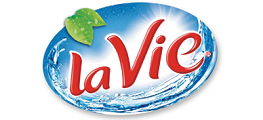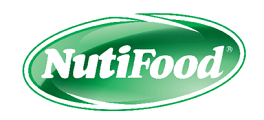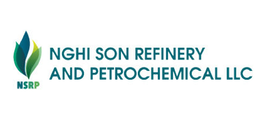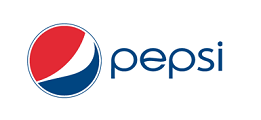Chlorine is the most widely disinfectant. It is commonly used and very effective to inhibit the activity of pathogenic microorganisms. Chlorine is easy to use, measure and control. The price is very cheap.
When chlorine was discovered, we did not know that these diseases were caused by microorganisms. In the 19th century, doctors and scientists discovered many infectious diseases that could be prevented by sterilizing hospital areas. Soon after, they experimented with chlorine as a disinfectant. However, we only use chlorine for large-scale disinfection after Dr. Louis Pasteur discovered pathogenic microorganisms.
Over the past 100 years, chlorine has played a very important role in extending the life of mankind. However, using chlorine to disinfect also has some disadvantages:
Excess chlorine is no longer or very little at the end of the water supply network, not guaranteed for disinfection.
Chlorine disinfection ability is highly dependent on pH, at pH = 8, chlorine disinfection ability is only 20%.
Chlorine reacts with organic matter, producing carcinogenic by-products such as THM (trihalomethanes, e.g.), Chloroform, Chlorophenols, AOX (absorbable organic halides)
Chlorine is a strong and highly corrosive active substance. Therefore, during transportation, storage and use requirements ensure high safety conditions. If chlorine gas occurs, it can cause danger to human life and damage to property and environment.
With the above disadvantages, it is necessary to consider another chemical to replace chlorine. In recent years Chlorine Dioxide (ClO2) has been applied in water disinfection.





















